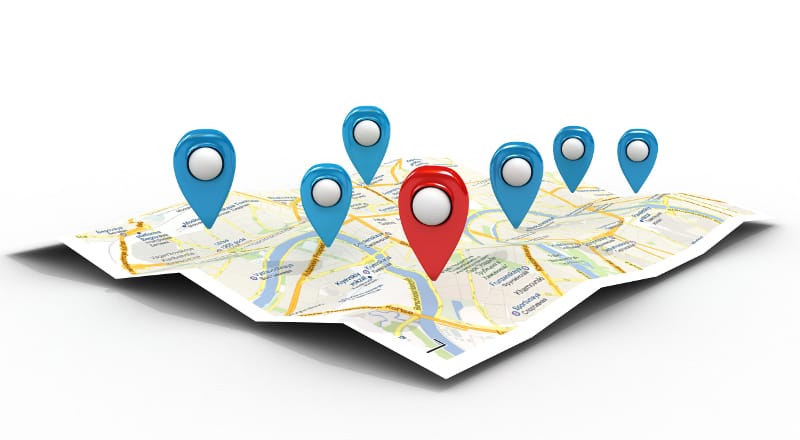For businesses relying on local search visibility, page speed is a crucial ranking factor that can determine whether potential customers find and engage with their website. Google prioritizes fast-loading websites in local search results, making page speed optimization a must for businesses looking to dominate the local market. In this blog, we’ll break down how page speed influences local SEO, user experience, and ultimately, your business revenue.
1. Google’s Algorithm and Page Speed: Why It Matters for Local SEO
Google’s search algorithm considers several factors when ranking websites, and page speed is a key component. Since 2018, Google has explicitly stated that page speed is a ranking factor for both desktop and mobile searches. This means that businesses with slow-loading sites may struggle to rank well in local search results, even if their content and keyword strategy are strong.
How Does Google Measure Page Speed?
Google uses tools like Core Web Vitals to assess site performance. The three main metrics include:
- Largest Contentful Paint (LCP): Measures how quickly the largest visible element on the page loads.
- First Input Delay (FID): Tracks the time it takes for a user to interact with a page (e.g., clicking a button).
- Cumulative Layout Shift (CLS): Evaluates how stable a webpage’s elements are while loading.
Websites that perform well on these metrics tend to rank higher, especially in Google’s local search results and Google Maps rankings.
2. The Impact of Page Speed on User Experience and Bounce Rate
Slow-loading websites drive users away. If a local customer visits your website but experiences slow load times, they’re more likely to leave and look for another business. In fact:
- 53% of mobile users abandon sites that take longer than 3 seconds to load (Google).
- A 1-second delay in page load time can result in a 7% reduction in conversions.
- Google tracks user engagement, and high bounce rates signal that a page isn’t providing a good experience, which can negatively impact rankings.
How Page Speed Affects Customer Behavior
Imagine a customer searching for “best HVAC company near me.” They click on your site, but it takes 5+ seconds to load. Frustrated, they go back to Google and click on a competitor’s site instead. This behavior, called pogo-sticking, tells Google that users prefer your competitor’s site, which can cause your rankings to drop over time.
3. Mobile Page Speed and Its Role in Local Search
With over 60% of searches coming from mobile devices, Google has shifted to a mobile-first indexing approach. This means Google evaluates the mobile version of your site when determining rankings. If your mobile site is slow, your business could suffer in local search results.
Common Mobile Page Speed Issues
- Unoptimized images: Large, uncompressed images slow down mobile sites.
- Too many scripts: Excessive JavaScript can delay load times.
- No caching strategy: Failure to leverage browser caching forces users to re-download resources every time they visit.
- Slow hosting provider: Cheap hosting services can lead to slow server response times.
Pro Tip: Use Google’s PageSpeed Insights to identify mobile speed issues and improve load times.
4. How Page Speed Affects Local Search Rankings in Google Maps
Google Maps rankings are heavily influenced by relevance, distance, and prominence. Page speed falls under the prominence category, as a faster website contributes to a better online presence.
How Page Speed Affects Google Maps Rankings
- Faster sites provide better user engagement, which boosts search rankings.
- Google favors businesses with optimized mobile sites in local pack rankings.
- Slow-loading sites may lose clicks to faster competitors, decreasing Google’s perception of their relevance.
For service-based businesses like HVAC, plumbing, and landscaping, improving page speed can mean more leads from Google Maps and Google’s Local Pack.
Don’t Let Slow Page Speed Hurt Your Business
A slow website can cost you valuable leads, lower your search rankings, and give your competitors an edge. Google prioritizes user experience, and page speed is a significant part of that. By optimizing your website, you’ll not only improve local search rankings but also provide a better experience for your customers—leading to more conversions and revenue.
At DMN8 Partners, we specialize in local SEO optimization, including website speed improvements, Google Maps ranking strategies, and full-scale SEO solutions. If your website is struggling with slow load times and poor rankings, we can help. Call (859) 757-2252 today or visit salvonow.com to learn how we can optimize your website for better local search performance and higher conversions.

